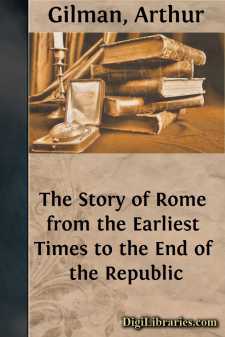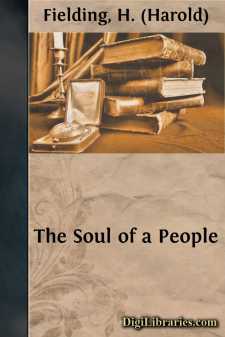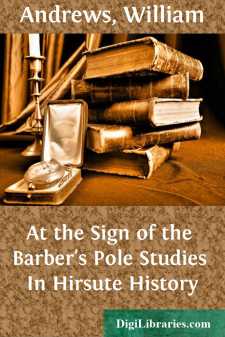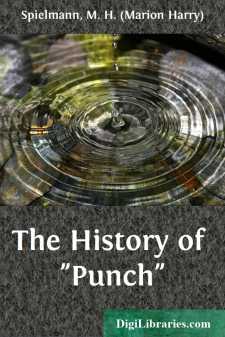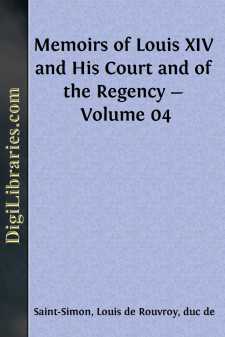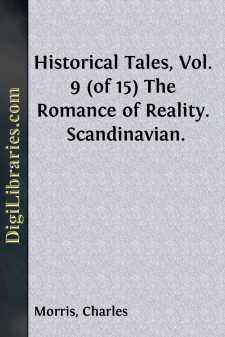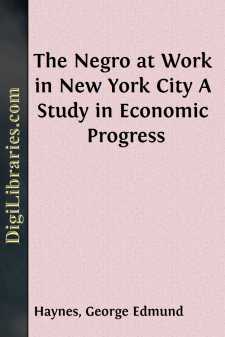History
- Africa 30
- Americas (North Central South West Indies) 50
- Ancient 68
- Asia 58
- Australia & New Zealand 8
- Canada 41
- Caribbean & West Indies 1
- Civilization 20
- Eastern Europe 12
- Europe 310
- Expeditions & Discoveries 60
- General 77
- Historical Geography 1
- Jewish 9
- Latin America 3
- Medieval 8
- Middle East 13
- Military 248
- Revolutionary 8
- Study & Teaching 5
- United States 353
- Western Europe 56
- World 13
History Books
Sort by:
by:
Arthur Gilman
ONCE UPON A TIME. Once upon a time, there lived in a city of Asia Minor, not far from Mount Ida, as old Homer tells us in his grand and beautiful poem, a king who had fifty sons and many daughters. How large his family was, indeed, we cannot say, for the storytellers of the olden time were not very careful to set down the actual and exact truth, their chief object being to give the people something to...
more...
by:
Cassius Dio
BOOK 78, BOISSEVAIN.) [Sidenote: A.D. 211 (a.u. 964)] [Sidenote:—1—] After this Antoninus secured the entire power. Nominally he ruled with his brother, but in reality alone and at once. With the enemy he came to terms, withdrew from their country, and abandoned the forts. But his own people he either dismissed (as Papinianus the prefect) or else killed (as Euodus, his nurse, Castor, and his wife...
more...
CHAPTER I LIVING BELIEFS 'The observance of the law alone entitles to the right of belonging to my religion.'—Saying of the Buddha. For the first few years of my stay in Burma my life was so full of excitement that I had little care or time for any thought but of to-day. There was, first of all, my few months in Upper Burma in the King's time before the war, months which were full of...
more...
by:
William Andrews
THE BARBER'S POLE n most instances the old signs which indicated the callings of shopkeepers have been swept away. Indeed, the three brass balls of the pawn-broker and the pole of the barber are all that are left of signs of the olden time. Round the barber's pole gather much curious fact and fiction. So many suggestions have been put forth as to its origin and meaning that the student of...
more...
by:
Richard Hakluyt
Thirty-five years ago I made a voyage to the Arctic Seas in what Chaucer calls A little boteNo bigger than a mannë’s thought; it was a Phantom Ship that made some voyages to different parts of the world which were recorded in early numbers of Charles Dickens’s “Household Words.” As preface to Richard Hakluyt’s records of the first endeavour of our bold Elizabethan mariners to find...
more...
INTRODUCTORY. "If humour only meant laughter," said Thackeray, in his essay on the English humorists, "you would scarcely feel more interest about humorous writers than the life of poor Harlequin, who possesses with these the power of making you laugh. But the men regarding whose lives and stories you have curiosity and sympathy appeal to a great number of our other faculties, besides our...
more...
Canaples, brother of the Marechal de Crequi, wished to marry Mademoiselle de Vivonne who was no longer young, but was distinguished by talent, virtue and high birth; she had not a penny. The Cardinal de Coislin, thinking Canaples too old to marry, told him so. Canaples said he wanted to have children. "Children!" exclaimed the Cardinal. "But she is so virtuous!" Everybody burst out...
more...
by:
Charles Morris
HOW KING ROLF WON HISBRIDE. At one time very many centuries ago, we cannot say just when, for this was in the days of the early legends, there reigned over Upsala in Sweden a king named Erik. He had no son and only one daughter, but this girl was worth a dozen sons and daughters of some kings. Torborg she was named, and there were few women so wise and beautiful and few men so strong and valiant. She...
more...
PREFACE This study was begun as one of the several researches of the Bureau of Social Research of the New York School of Philanthropy, largely at the suggestion of Dr. Samuel McCune Lindsay, the director, to whose interest, advice and sympathy its completion is largely due. Sincere thanks are due the Bureau for making the investigation possible. The material was gathered between January, 1909, and...
more...
These volumes make a separate work in themselves. They form also the natural sequel to the other histories already published by the Author, as well as the necessary introduction to that concluding portion of his labours which he has always desired to lay before the public; a History of the Thirty Years' War. For the two great wars which successively established the independence of Holland and the...
more...


